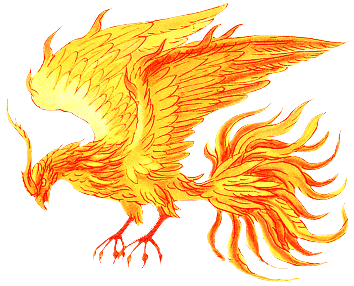
English essayist A.C. Benson had rich, elaborate dreams, a trait common in his family. “Sometimes they would be processions and high ceremonies, diversified by the intervention of old Eton friends, who would whisper dark words more suo during some strange liturgy,” recalled his friend Geoffrey Madan. “Sometimes the distant past would rush upon him and old ecclesiastics, summoned up from the mists of Addington, became involved with him in situations of infinite absurdity; sometimes it would be oneself with whom the drama was played, till its recital at breakfast made one helpless with laughter.”
From one dream he awoke recalling only a strange epigram, “The riddle of life is solved by gliding, and not sliding.” On another morning he found that he had scribbled down these lines in the middle of the night:
A bold and cheerful company of Ogres, Ghosts, and Ghouls
Attacked and smashed to little bits the City of Tomfools:
The Tomfools sailed to Araby, and raised another state;
I can’t say how refined they were, and how considerate.
And now in High Tomfoolery they’re very fond of telling
What an almighty hash the ghosts made of their former dwelling;
They chaunt their great deliverance: they teach and preach and say
How good it was of God to take their former pride away.
He composed his poem “The Phoenix” entirely in his sleep. “I dreamed the whole poem in a dream, in 1894, I think, and wrote it down in the middle of the night on a scrap of paper by my bedside,” he wrote. “It is a lyric of a style which I have never attempted before or since. … I really can offer no explanation either of the idea of the poem or its interpretation. It came to me so (apparently) without any definite volition of my own that I don’t profess to understand or to be able to interpret the symbolism.”
By feathers green, across Casbeen,
The pilgrims track the Phoenix flown,
By gems he strewed in waste and wood
And jewelled plumes at random thrown.
Till wandering far, by moon and star,
They stand beside the fruitful pyre,
Whence breaking bright with sanguine light,
The impulsive bird forgets his sire.
Those ashes shine like ruby wine,
Like bag of Tyrian murex spilt;
The claw, the jowl of the flying fowl
Are with the glorious anguish gilt.
So rare the light, so rich the sight,
Those pilgrim men, on profit bent,
Drop hands and eyes and merchandise,
And are with gazing most content.
Madan added, “I have preserved in one of his letters the concluding stanza which he wrote in waking hours to round it off, but omitted later on the advice of a friend who felt it to be ‘incongruous’; this pleased him very much indeed.”
(From “A Later Friendship,” by Geoffrey Madan, in Arthur Christopher Benson as Seen by Some Friends, 1925.)
